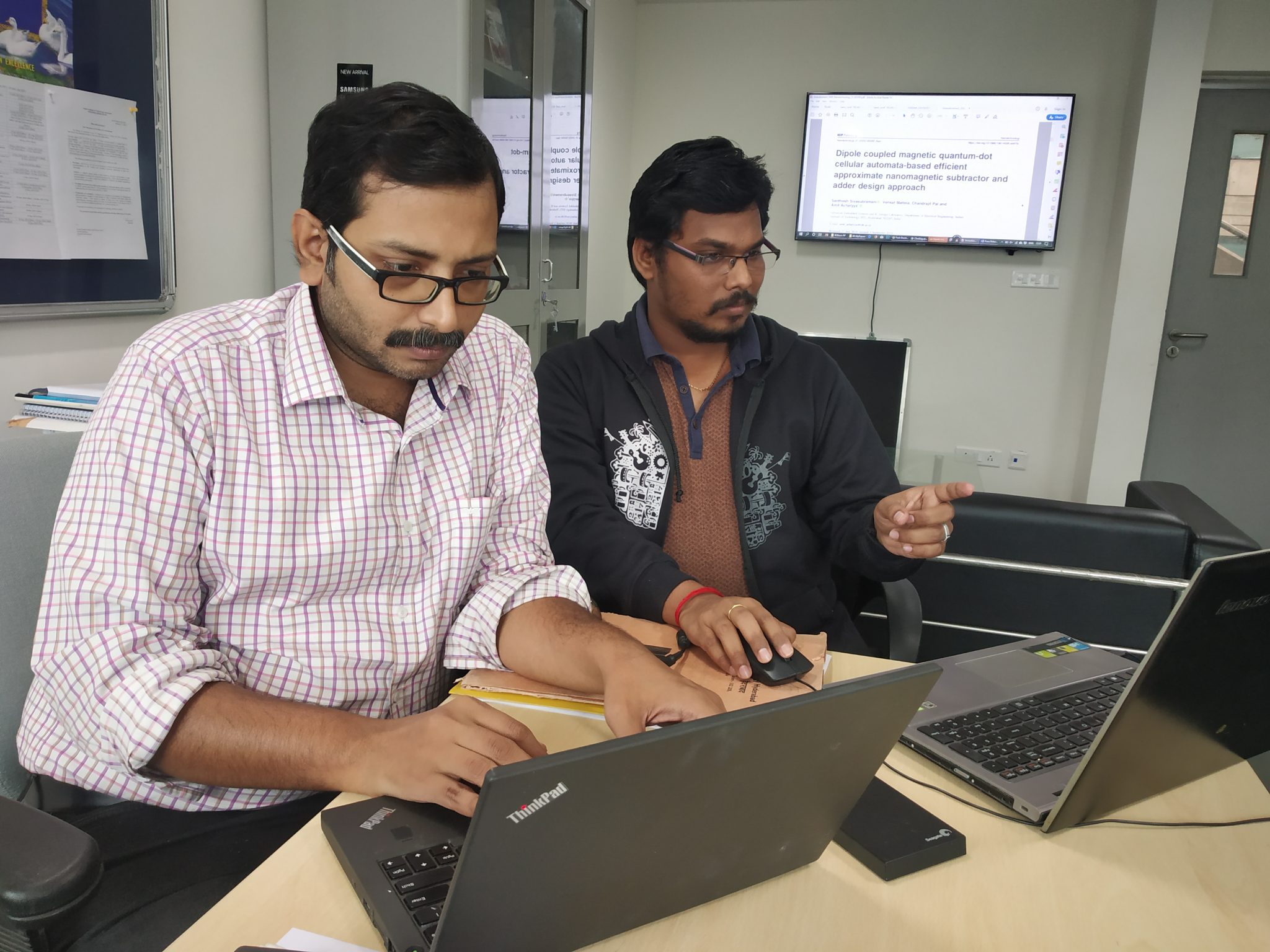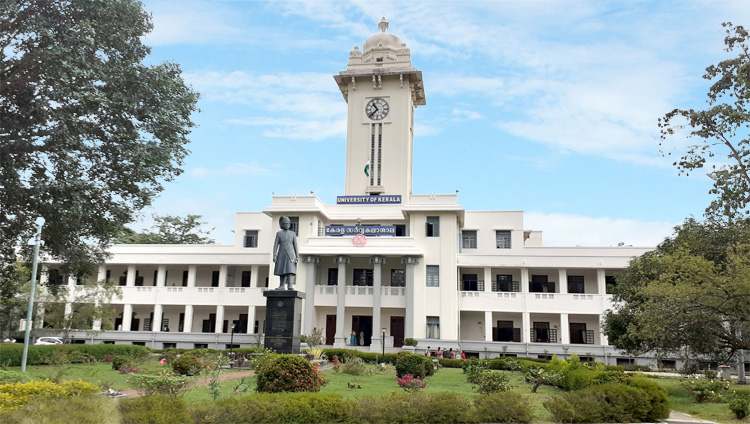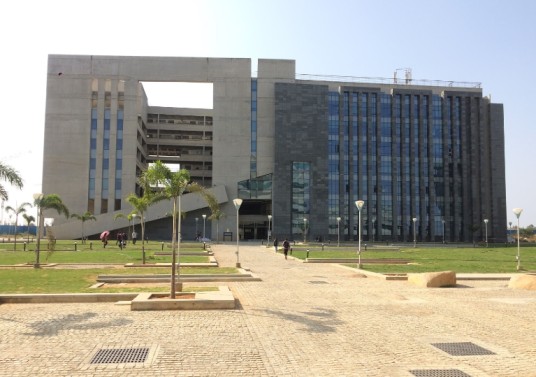Researchers from the Indian Institute of Technology, Hyderabad, have developed low power chips that can be used in artificial intelligence-powered devices. These researchers have developed Magnetic quantum-dot cellular automata (MQCA) based nanomagnetic logic architectural design methodology of approximate arithmetic circuits.
The Researchers are working towards a vision of realizing resource-constrained Magnetic Chips for Ultra low power portable AI applications.
Many modern systems such as speech and face recognition systems and IoT-enabled devices for remote health monitoring require highly computationally and energy-intensive neural networks. That is why, it is not practically affordable to perform these computations in the portable hand-held devices. With these major limitations, all the machine learning algorithms used in these AI applications run on remote systems, said IIT-H in a statement.
Speaking about the outcomes and benefits of this Research, Dr Amit Acharyya, Associate Professor, Department of Electrical Engineering at IIT-H, said, “We have computationally modelled, designed and implemented an arithmetic adder, subtractor and add/sub using nanomagnets which are the basic building blocks of performing AI computing. We are aware that the emerging edge computing devices are handy in size as well as requiring low-power computation and are also tolerant to feeble decrease in precision. The reported work of ours’ targets such devices, where there is a significant investment in the research towards making it low power without compromising on accuracy too much. Performing AI computing on edge with approximate nanomagnetic logic deployed on the magnetic ICs is an attempt towards the futuristic computations. I hope this work paves the way towards achieving such a vision.”
The research was undertaken by a team comprising Santhosh Sivasubramani, PhD Scholar, Advanced Embedded Systems and IC Design Laboratory, Department of Electrical Engineering; Dr Acharyya and Dr Chandrajit Pal, Post-Doctoral Research Fellow. The Research has been published in the reputed peer-reviewed journal by Nanotechnology (Prestigious journal of Institute of Physics).





















































































